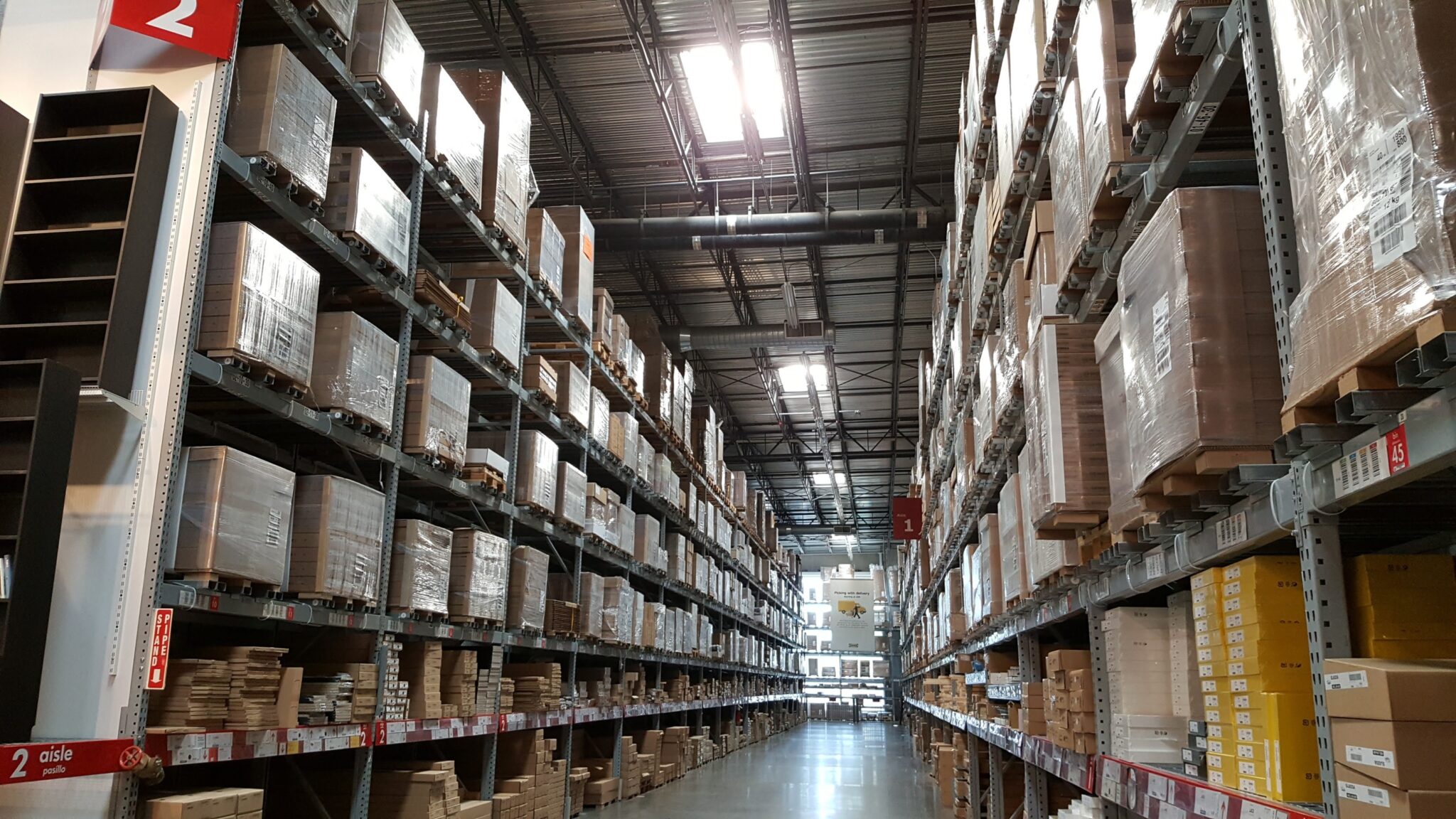A New Chapter for Global Sustainability: Germany’s Supply Chain Act
Germany’s Supply Chain Act (LkSG) is an ambitious stride towards bolstering global worker and environmental protections. The regulation compels German firms to demand their suppliers meet established global labour and environmental standards, paving the way towards a more equitable and sustainable world. While the Netherlands, France, the UK, and the USA have enacted similar laws, the LkSG distinguishes itself through its stringent enforcement procedures. From 2023, companies with a workforce of 3,000 or more have been under the LkSG’s scrutiny, with the law set to encompass firms with over 1,000 employees by 2024. However, it should be noted that many small and medium-sized enterprises are already effectively affected by the LkSG, as they are (direct) suppliers and are therefore contractually obliged by their customers to comply with the due diligence obligations. Firms in breach face significant penalties, including substantial fines and exclusion from public contracts.
Despite this robust framework, there is considerable ambiguity about how the Federal Office for Economic Affairs and Export Control (BAFA) will enforce the law and the standards companies are expected to uphold. This uncertainty takes on heightened importance given the first investigations launched against IKEA and Amazon in April, followed by more recent complaints and investigations involving Mercedes, VW, and BMW in June. These cases serve as early signals of the BAFA’s seriousness in implementing the LkSG, marking a crucial phase in the law’s development.

The Role of BAFA in Implementing the LkSG
The Federal Office for Economic Affairs and Export Control (BAFA) holds a critical role in enforcing the LkSG, tasked with investigating any allegations of violations. Despite being a well-established agency with a broad remit in other areas, there’s substantial uncertainty surrounding the extent to which BAFA will rigorously enforce the LkSG. These doubts stem from a lack of precedent, making it challenging for companies to gauge the standards they’ll be held against and the diligence BAFA will apply to its investigations. Consequently, it leaves German companies in a state of apprehension, grappling with how to ensure compliance with the newly implemented law.
The first LkSG Investigations: IKEA and Amazon
In April 2023, IKEA and Amazon became the first companies to face investigations under the LkSG. The Federal Office for Economic Affairs and Export Control (BAFA) responded to complaints lodged by human rights organisations alleging that these corporations had neglected their due diligence responsibilities with suppliers in Bangladesh. The investigations focus on the purported sub-standard labour conditions and environmental malpractices in their supply chains.
The complaints were jointly filed by Femnet, a women’s rights NGO, the European Center for Constitutional and Human Rights (ECCHR), and the Bangladeshi garment trade union NGWF. The basis of the complaint is a joint statement issued by these organisations, highlighting that a decade after the Rana Plaza disaster, factories in Bangladesh with insufficient safety checks continue to produce textiles for international corporations like Amazon and Ikea.
In 2013, the collapse of the Rana Plaza building, a textile factory in Bangladesh, led to the death of 1,138 people and left more than 2,400 workers injured. The disaster provoked a global outcry and highlighted the hazardous working conditions in the country’s garment industry. The complaints allege that despite this catastrophe, both Amazon and Ikea have failed to sign the Building and Fire Safety Accord that was negotiated after the Rana Plaza disaster and its subsequent agreement, the Bangladesh Accord.
The allegations against IKEA and Amazon were substantiated by a research conducted by NGWF in March 2023. The research unveiled safety deficiencies, lack of inspections, and limited freedom for trade unions in factories producing home textiles for Ikea and own-brand clothing for Amazon.
These investigations are yet to conclude, but their commencement signifies BAFA’s readiness to scrutinize multinational corporations’ supply chains for compliance with the LkSG.
Widening the Net: Investigations against Mercedes, VW and BMW
In June 2023, the Federal Office for Economic Affairs and Export Control (BAFA) initiated investigations into Mercedes, VW, and BMW. These probes were triggered by complaints from the European Center for Constitutional and Human Rights (ECCHR), which accused these automobile manufacturers of permitting forced labor in their supply chains in the Uyghur region of Xinjiang, China. The allegations, much like those leveled against IKEA and Amazon, center on non-compliance with the labor and environmental standards as established by the LkSG.
A report by Sheffield Hallam University and the non-governmental organization NomoGaia recently documented that the entire automotive supply chain in the Uyghur region is potentially affected by forced labor. The report indicated that the three leading German car manufacturers are among the companies that maintain supply relationships with factories where there are serious indications of forced labor.
Volkswagen, which operates a factory in partnership with the Chinese firm SAIC in Xinjiang, expressed surprise at the ECCHR’s complaint. The company is preparing an independent investigation of the plant in response to investor concerns and protests at its annual general meeting. Volkswagen has repeatedly stated that it is not involved in human rights abuses.
Mercedes-Benz stated that while they take such reports very seriously, they are not directly active in the Uyghur region. They maintain contact with their suppliers and urge them to clarify concerns. If the allegations prove legitimate and verifiable, Mercedes-Benz has committed to taking appropriate action to uphold standards for responsible sourcing. BMW has yet to comment on the case.
While these investigations are in their preliminary stages, they underscore BAFA’s unyielding commitment to ensuring that car manufacturers, like companies in all sectors, adhere to the stringent labor and environmental regulations enforced by the LkSG.
Future Implications for the German Industry
The investigations against these major companies underline BAFA’s readiness to implement the LkSG and set a significant precedent. No company, regardless of its size, should feel insulated from scrutiny. As the LkSG expands its remit to smaller companies in 2024, the BAFA’s current focus on larger corporations suggests a top-down enforcement approach. This approach is likely to extend to smaller firms over time, instigating a wave of heightened corporate responsibility and increased scrutiny of supply chains that will impact companies of all sizes.
This changing landscape will compel firms to adapt, necessitating revisions to supply chain strategies and investment in compliance mechanisms. The rigorous implementation of the LkSG also poses challenges for German industry competitiveness, demanding a careful balance between maintaining enhanced ethical standards and ensuring business efficiency. However, these growing pains could also yield opportunities. Companies that successfully align with the LkSG’s ethos could significantly boost their reputation and potentially gain a competitive edge in markets where consumers increasingly value sustainability and ethical business practices. The early enforcement actions against high-profile companies like IKEA, Amazon, Mercedes, VW, and BMW should serve as a clarion call for all German firms to proactively align their operations with the LkSG’s standards.
Get in touch with us!
Please, get in touch for an ongoing exchange with:
Hubert Krattinger on LinkedIn | via Email: hkr@pythagoras-solutions.ch
or
Moritz Moser-Böhm on LinkedIn | via Email: mmo@pythagoras-solutions.ch
Stay informed.
We always keep you up to date with news, important information, helpful tips and valuable contributions.

Share this
You May Also Like
These Related Stories

Financial war: Germany’s evolving approach to Anti-Money- Laundering

Compliance Fashion Industry -Global fashion supply chain transparency?

